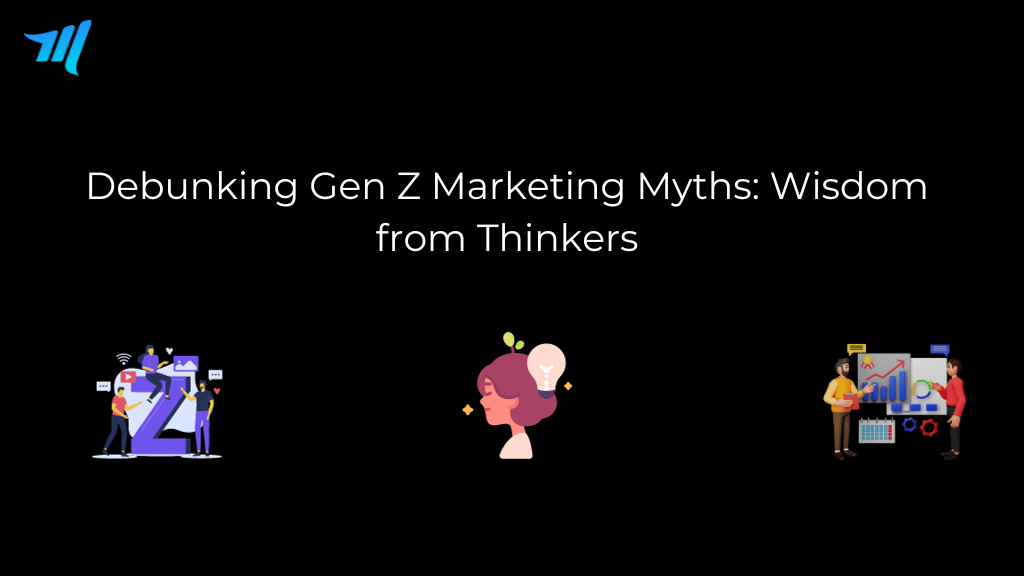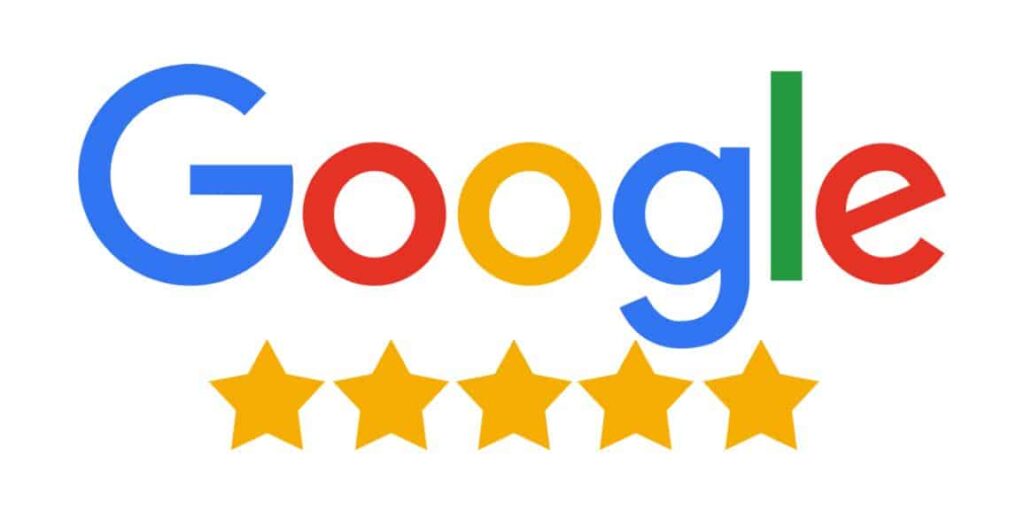Marketers worldwide have been captivated by Gen Z’s social media consumption habits. Yet, numerous misconceptions have been constraining the marketing potential aimed at this demographic.
To dispel these myths and gain insights into effective marketing strategies for Gen Z, we connected with young creative minds in the advertising industry.
These individuals, who have also achieved recognition through the “30 Under 30” accolade, shed light on successful tactics, underutilized platforms, and more.
Gen Z, known for their constant online presence and access to boundless information, has piqued the interest of marketers worldwide.
This demographic, born between 1997 and 2012, constitutes approximately 26% of the global population, equating to roughly two billion individuals with disposable income.
According to Bloomberg’s report, these young professionals and students collectively possess $360 billion in disposable income.
Moreover, studies indicate that 54% of Gen Z spend a minimum of four hours daily on social media, with 38% devoting even more time.
Their favored social platforms include YouTube, Instagram, TikTok, and Snapchat. Statista reports that 63% of Gen Z has made purchases after encountering products on social media.
Marketers see understanding Gen Z’s online behavior as a way to connect with this demographic and leverage their significant purchasing power.
Misconceptions About Gen Z Consumer Behavior

As young people are renowned for their use of social media, especially for engaging with short-form video content, brands leverage features like Reels and influencers to connect with them.
A Gen Z consumer survey reveals that 40% of Gen Z users prefer Reels, Stories, and short-form videos when encountering brand ads on social media.
Subpar social media reels are drowning out the impactful brand impressions, as pointed out by Sanjana Dora, ACD at Ogilvy India.
“Gen Z wants what every previous generation desired from brand communication: a conversation with them rather than a message at them.”
Dora emphasizes meaningful experiences to connect with Gen Z and notes that influencers should offer more than just looks and followers.
“An influencer should have a distinctive voice that connects with the generation,” said the author.
Sahil Chauhan, Head of Digital Post Production at Dentsu Creative, challenges a common misconception about Gen Z: that they are defined solely by their attachment to technology.
“While technology is undoubtedly significant for Gen Z, it’s equally important to recognize their value for authenticity, real-world experiences, and personal connections.”
Chauhan advocates for a balanced approach to digital and offline experiences and advises brands against assuming uniform tastes and preferences among Gen Z individuals.
He underscores the necessity of in-depth audience research to understand specific segments within Gen Z and tailor messaging accordingly. Another common misconception about Gen Z is their supposedly short attention span, according to Chauhan.
“While Instagram reels and YouTube shorts are popular, Gen Z can engage with longer content if it’s compelling and relevant.”
Resonating with Gen Z

Gurdiksha Kaur, ACD at Creativeland Asia, believes that the fundamental principles of advertising remain unchanged over the years.
She observes that Gen Z, like previous generations, believes they could do a better job. Gen Z resonates with counterculture movements, challenging norms, and innovative work that reimagines age-old traditions.
“This generation rejects attempts to look ‘woke’ for the sake of it and seeks honesty from companies.They expect brands to align words with actions.”
Kaur cites Duolingo’s campaign for World Tattoo Day, ‘#TattooDuoOver,’ as an example. The language-learning app’s unconventional approach, not taking itself too seriously while delivering insightful content, successfully connected with Gen Z, according to Kaur.
Khyati Sharma, ACD at Interactive Avenues, emphasizes that Gen Z actively selects content that mirrors their own experiences and values.
They gravitate toward user-generated content, transparent storytelling, and collaborations with influencers who share their beliefs.
Gen Z possesses a keen sense of authenticity, distinguishing between marketing gimmicks and genuine brand messages.
In this context, she commends Cadbury Silk’s Valentine’s Day campaign, ‘Unforgettable Love Tips,’ for encapsulating Gen Z’s essence. The campaign effectively utilizes influencers while promoting the celebration of healthy love.
She also highlights a global campaign by POKER, a local beer brand in Columbia by AbinBev, titled ‘Influencers’ Friend: Being Authentic and Real.’
Deviating from the norms of influencer marketing, the brand approached these celebrities’ best friends, often seen together, and made them brand ambassadors.
The chosen best friends shared authentic moments of friendship while creating content with their famous counterparts, always featuring a Poker beer nearby.
These posts were shared on the influencers’ friends’ social media accounts, achieving remarkable reach results. Sahil Chauhan from Dentsu Creative recommends that brands align their internal practices and values with the social responsibility messages they wish to convey.
An impactful example is the ‘TVS Responsible Manhole‘ campaign, which addressed the issue of manholes through innovative technology implementation.
Chauhan notes that Gen Z adds a unique flavor to addressing problems and solutions, making such content more appealing to the audience. This campaign was even submitted for consideration at the Cannes Lions.
Underrated Mediums to Explore

Regarding underutilized platforms for connecting with Gen Z, Gurdiksha Kaur from Creativeland Asia highlights niche platforms like Reddit, Omegle, and Tumblr, emphasizing their untapped advertising potential in India.
Gen Z constitutes 26% of Reddit users, with 51% attracted to the platform’s user-driven features. Additionally, 82% of Gen Z trust Reddit when seeking information about products.
Khyati Sharma from Interactive Avenues notes Gen Z’s deep interest in music, suggesting that specialized platforms like Discord for gaming or Pinterest for fashion offer opportunities for innovative and tech-forward marketing strategies targeting specific Gen Z communities.
SXM Media and Edison Research reported a 57% increase in Gen Z’s monthly podcast listening over the past five years, with 47% (approximately 24 million listeners) engaging with podcasts in the past month.
Sharma suggests that advertisers can further explore this medium, creating sponsored content or establishing their podcast channels to effectively connect with this audience.
Sahil Chauhan observes that brands often overlook the content-sharing potential of messaging apps, as Gen Z heavily relies on platforms like WhatsApp, Instagram DMs, and Snapchat for personal communication and content sharing.
He highlights overlooked marketing opportunities on platforms like Twitch and YouTube Gaming among Gen Z.
In conclusion, brands can successfully connect with Gen Z’s two billion potential consumers by employing marketing strategies that prioritize authenticity, honesty, and engagement.
Additionally, tapping into underrated communication tools can yield substantial benefits in reaching this audience. Ultimately, it’s about engaging in a dialogue with Gen Z, rather than delivering a monologue, as aptly stated by Sanjana Dora from Ogilvy.





